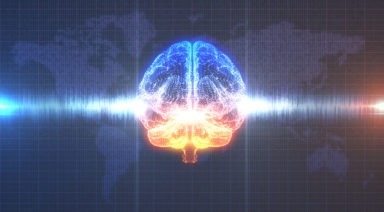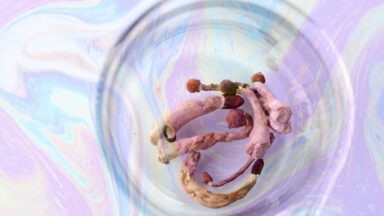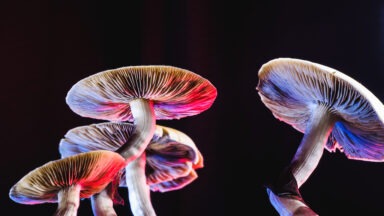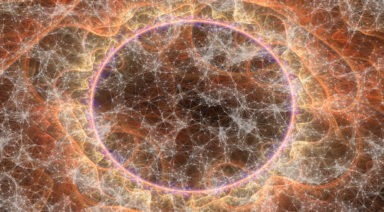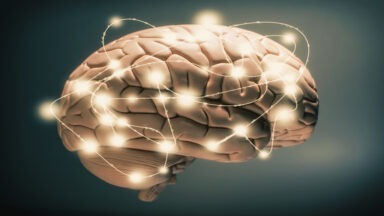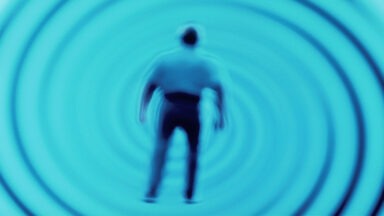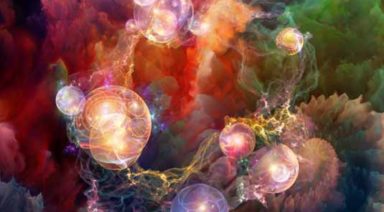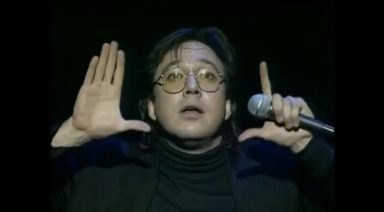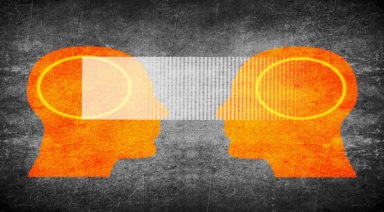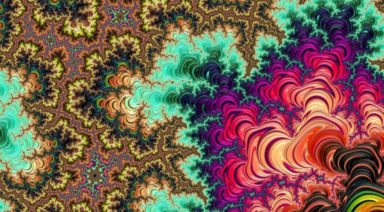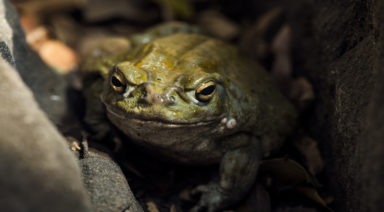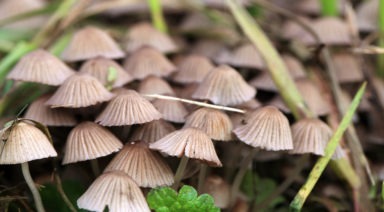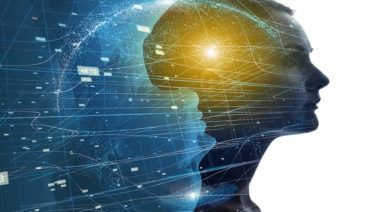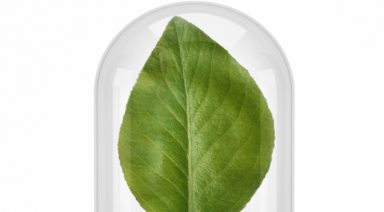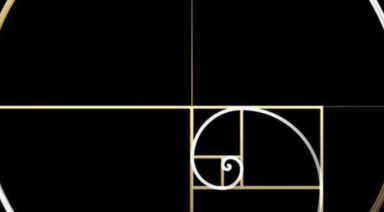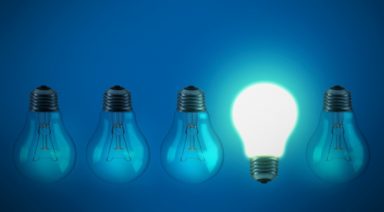Micro-Dosing Psychedelics Appears to Boost Creativity Says Study
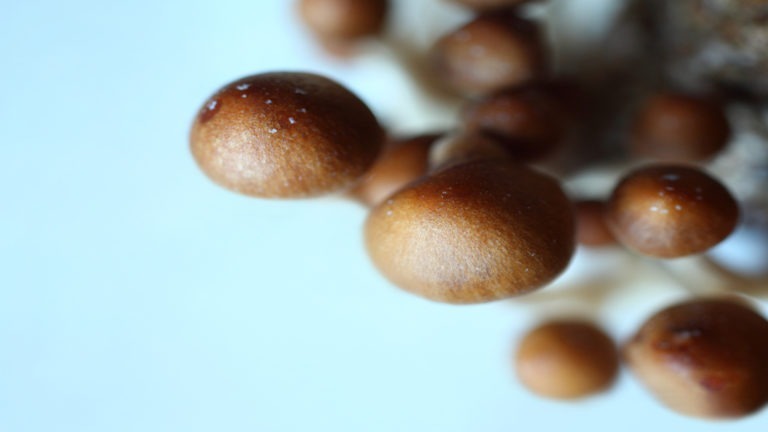
The benefits of micro-dosing psychedelics, such as psilocybin, might have found validity in a recent FDA-approved study conducted by the London-based, Compass Pathways. After administering small doses of psilocybin, the psychoactive ingredient in “magic mushrooms,” subjects were given tests to analyze creative thought and normal cognitive function.
The study found that the micro-dose improved creativity and had no negative effect on day-to-day cognitive function, including rational thinking, problem-solving, and abstract-reasoning.
The subjects were given an average .37 grams of dried mushrooms three days a week, followed by cognitive tests 90 minutes after consumption. As reported by Scientific American, one psychologist involved in the study, Dr. Bernhard Hommel of the Netherlands’ Leiden University said, “performance was significantly higher,” on tests of convergent and divergent thinking –two measures of analytical and creative thinking.
The study was conducted after a trend of anecdotal evidence from Silicon Valley execs and creatives who have used psilocybin and LSD in diminutive doses on a regular basis to boost creative thought, supplant caffeine, and generally increase mental performance.
Studies by Dr. Robin Carhart-Harris at London’s Imperial College have made leaps and bounds studying the benefits psychedelics can provide sufferers of depression and drug addiction, while also breaking down antiquated taboos from the drugs’ history.
One of the recent discoveries of Carhart-Harris and the team involved psychedelics’ effect on the Default Mode Network (DMN), a series of brain regions connected with ego, thought, and emotion. The DMN is the daydreaming “default” mode our brains go into when they have nothing to focus on. The study found that when psychedelics were administered, the DMN quieted down, supporting the feeling of “ego-dissolution” often reported by psychedelic users.
They also noticed that the default mode network plays a role in the strict connections our brains make that reinforce behavior and thought; essentially what hampers creativity. But when psychedelics were introduced, the brain opened up it’s thinking to drastically more possibilities, leading to greater creativity but also temporary false conclusions about what it was seeing – the mechanism behind hallucinations.
But now it seems that with micro-doses, those myriad possibilities in the thought process may be accessed without the trip, sans hallucinations. Our brains form rigid connections as we get older, creating ‘shortcuts’ in order to easily comprehend and react with everything life throws our way. But at the same time, those connections inhibit creative thought, keeping us set in our ways. But what Carhart-Harris et al. hypothesized is that psychedelics break down those connections and open up new ones, allowing creative “out-of-the-box” thinking. And that’s what this study focused on; instead of one intense, paradigm-shattering trip, could a regiment of imperceptible daily doses do the same?
Psilocybin targets 5-HT receptors in the brain which are responsible for regulating serotonin. These receptors are known to influence reflective thought, introspection, and imagination. They are also the target of migraine and cluster headache medications, which some sufferers have found can be replaced with a more effective dose of psilocybin. In addition to serotonin, psilocybin also increases the concentration of the neurotransmitter dopamine, which is thought to mediate desire and motivation.
Of course, this was a single trial in which the placebo effect could have played a role, warranting more placebo-controlled iterations of the study. It was also posted as a preprint, meaning it has yet to be put through the rigors of peer-review. But if their findings and method were valid, it seems that psychedelics could give that creative boost many seek.
3 Ways to Positively Reprogram Your Subconscious Mind

What is Your Subconscious?
Our subconscious is the part of our minds that connects the subtle patterns needed to function in life. Our subconscious is programmed to carry out simple tasks so our conscious mind can ponder the complex.
Our brain functions are incredibly intricate with many facets still not fully understood. In computing terms, the number of operations per second that our brains are responsible for reaches into the thousands of trillions. While that number is truly impossible to conceptualize, to put it into perspective, one of the world’s fastest supercomputers was made to mimic one second of one percent of human brain operation by using 83,000 processors – it took the computer 40 minutes to complete the task.
And though our brains are far superior to these artificial processors, like a computer, certain elements of our brain functions can be programmed in different ways. Our brains are conditioned from a young age and from many directions, including society, family, and academia. Some of this conditioning is necessary and desired, but there are also subliminal elements that fly under the radar and can often be subversive and self-defeating. But the good news is that there are conscious steps one can take to correct this.





